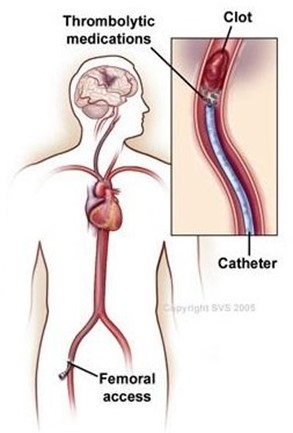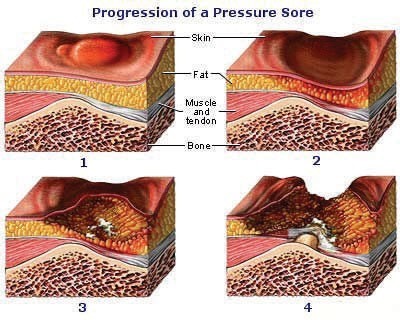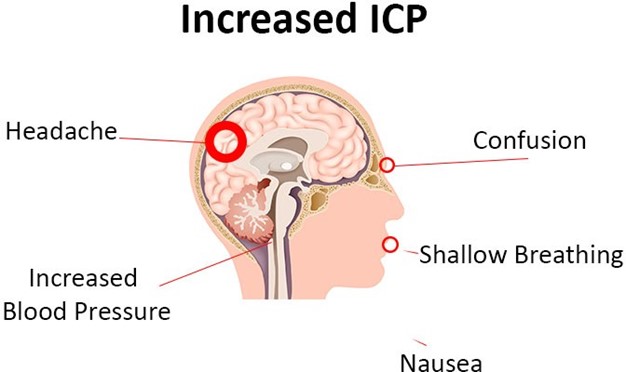What is the main side effect of IV Thrombolytic therapy TPA?
High blood pressure
Bleeding
Confusion
All of the above
The Correct Answer is B
Choice A: High blood pressure is not a side effect of IV Thrombolytic therapy TPA, but rather a contraindication or a reason not to use it. TPA can increase the risk of bleeding in patients with high blood pressure.
Choice B: Bleeding is the main side effect of IV Thrombolytic therapy TPA, as it dissolves blood clots and can cause bleeding in the brain or other parts of the body.
Choice C: Confusion is not a side effect of IV Thrombolytic therapy TPA, but rather a symptom of stroke. TPA can improve confusion by restoring blood flow to the brain.
Choice D: All of the above is not correct, as only bleeding is a side effect of IV Thrombolytic therapy TPA.

Nursing Test Bank
Naxlex Comprehensive Predictor Exams
Related Questions
Correct Answer is D
Explanation
Choice A: Incontinence is a cause of skin breakdown, as it can expose the skin to moisture, bacteria, and chemicals that can irritate and damage the skin.
Choice B: Altered level of consciousness is a cause of skin breakdown, as it can impair the patient's ability to sense and report pain, discomfort, or pressure on the skin.
Choice C: Immobility is a cause of skin breakdown, as it can reduce the blood flow and oxygen to the skin and increase the pressure on bony prominences.
Choice D: All of the above is correct, as all of these factors can contribute to skin breakdown.

Correct Answer is D
Explanation
Choice A: Flaccidity is not an early sign of intracranial pressure, but rather a late sign of brainstem compression or damage.
Choice B: Projectile vomiting is not an early sign of intracranial pressure, but rather a sign of increased pressure in the posterior fossa or cerebellum.
Choice C: Stupor is not an early sign of intracranial pressure, but rather a sign of severe impairment of consciousness or coma.
Choice D: Changes in level of consciousness is an early sign of intracranial pressure, as it reflects the brain's response to decreased oxygen and increased pressure.

Whether you are a student looking to ace your exams or a practicing nurse seeking to enhance your expertise , our nursing education contents will empower you with the confidence and competence to make a difference in the lives of patients and become a respected leader in the healthcare field.
Visit Naxlex, invest in your future and unlock endless possibilities with our unparalleled nursing education contents today
Report Wrong Answer on the Current Question
Do you disagree with the answer? If yes, what is your expected answer? Explain.
Kindly be descriptive with the issue you are facing.
